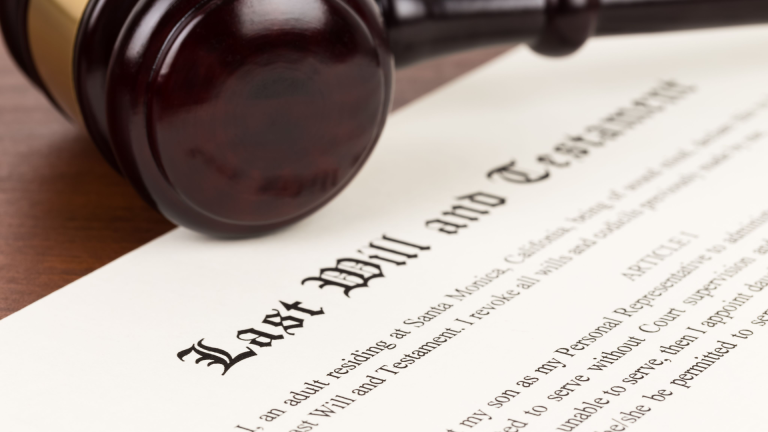In a prior post, we discussed the witness requirements in Tennessee for a traditional, typed-out will. Now we will discuss the requirements for nuncupative, also known as oral wills, and holographic wills.
What are Nuncupative Wills?
A nuncupative will is an oral will made by someone in “imminent peril of death;” these wills “shall be valid only if the testator died as a result of the impending peril.” (See T.C.A. § 32-1-106.) This is common among people who find themselves close to passing away without a will or with an outdated will.
When someone has a will they consider outdated, they may try to update it with a nuncupative will. This doesn’t always work because of the court’s inability to trust the dying’s state of mind.
What are the Requirements for a Valid Nuncupative Will?
Now, we know what you’re thinking: “Oral wills are valid?” Yes, under certain circumstances. T.C.A. § 32-1-106 explains that it is only valid if:
- The testator makes the declaration before two disinterested witnesses.
- The wishes are reduced to writing under the direction of one of the witnesses within thirty days of the declaration.
- The will is “submitted for probate within six months after the death of the testator.”
However, even if all of these requirements are met, “a nuncupative will is only valid to dispense of personal property and only valid for personal property not exceeding one thousand dollars in the aggregate.” The only exception to this is when the dollar amount is increased to ten thousand dollars if used by a person in active military service in a time of war.
Should You Use a Nuncupative Will?
As you can guess, it is not a good idea to count on using oral statements to distribute your assets. Usually, they are invalid and your estate would pass according to Tennessee’s laws of intestacy.
Intestacy is the law that applies when someone dies without a will. Nuncupative wills rarely make it through the probate process and if they do, they usually distribute only a small portion of a person’s estate.
Contact Our Estate Planning Attorneys
Plan ahead and have one of our attorneys discuss your estate planning wishes so that we can put them in a binding, legal document and secure your peace of mind about the future. Planning your estate can help prevent future difficulties for your family. Contact us today for help or call us at 615-444-2345.


